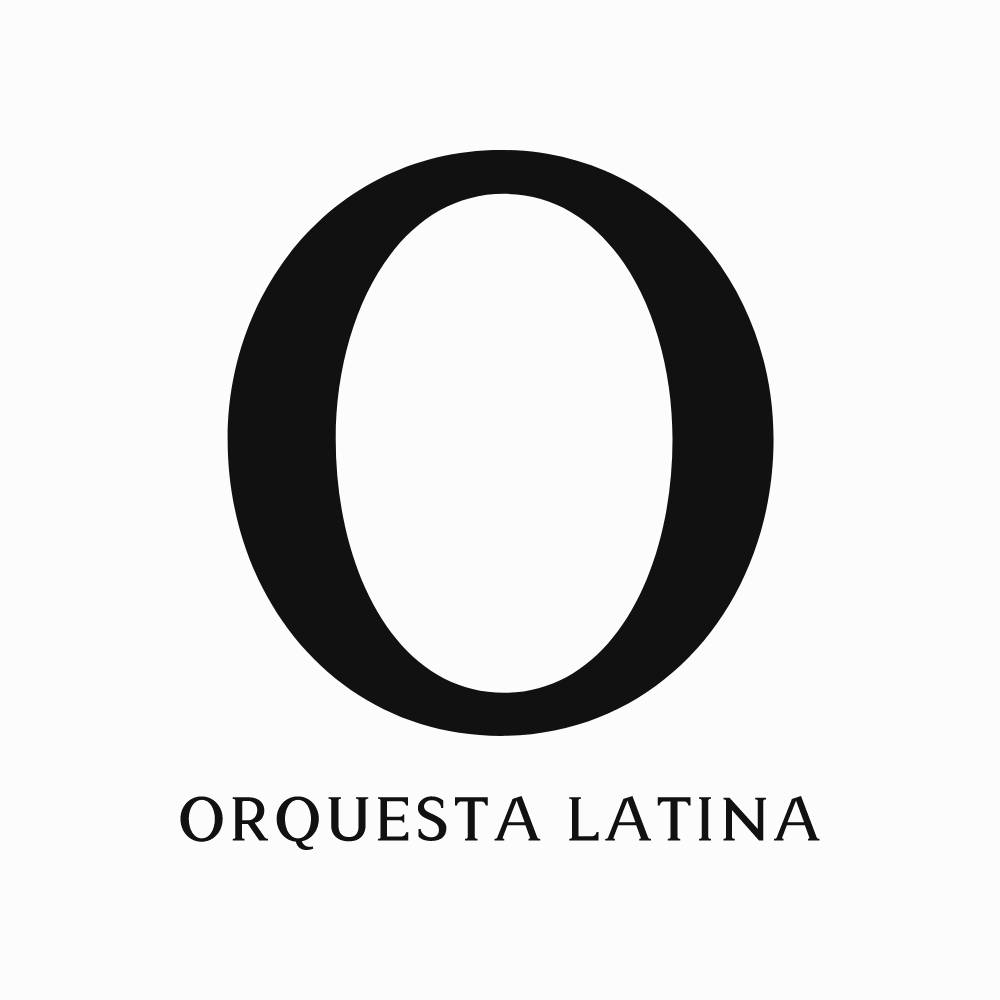The Shoemaker's Children Go Barefoot: The Irony of Expertise and How Businesses Can Dodge the Trap
In folklore and idioms, age-old wisdom often finds a way to pinpoint glaring truths that we're guilty of ignoring. One such proverb that resounds in business is, "The shoemaker's children go barefoot." On the surface, it's a quaint, if slightly paradoxical saying. Dig deeper, and you unearth a powerful critique of a ubiquitous business dilemma. It's the irony of expertise—a shoemaker so engrossed in crafting footwear for others that his children trot around sans shoes.
Origins: From Cobblestone Streets to Boardrooms
The phrase's origin traces back to the days when cobblers and shoemakers were staple trades in any community. They would be so busy tending to the village's needs that they'd have little to no time to cater to their family's needs, perhaps the fundamental need of a decent pair of shoes.
Fast forward to today's complex business ecosystem, and the shoemaker's dilemma has evolved but has yet to disappear. It manifests itself in myriad ways across industries. Software companies plagued with outdated internal systems, marketing agencies with lackluster self-promotion, consulting firms that don't follow their advice—the examples are endless.
The Why: Blinded by the Day-to-Day
Why does this paradox happen so often in modern businesses?
- Resource Allocation: Companies prioritize paying clients over internal projects. After all, revenue is the name of the game.
- Immediate Gratification: External projects often offer immediate rewards and validation, whereas the payoff from internal projects is long-term and less tangible.
- Familiarity Breeds Neglect: Professionals may feel that their expertise will always be accessible for internal use, leading to a de-prioritization of in-house needs.
- Overconfidence: Experts often believe that their area of expertise is 'handled,' leaving room for oversight and neglect.
Sidestepping the Trap: A Toolkit for Avoidance
While the problem is complex, the solutions can be surprisingly straightforward.
Prioritize Internal Audit
Often, the first step in solving a problem is acknowledging it. Conduct regular audits to identify gaps in internal processes and systems.
Set Aside Resources
Allocate specific resources, whether it's manpower, time, or capital, to internal projects. Treat these like any other client project, complete with deadlines and deliverables.
Foster a Culture of Self-Improvement
Promote an internal culture that values self-improvement and introspection. This can turn your team into your best internal consultants, always looking for ways to improve.
Seek External Counsel
Ironically, the expertise you offer to others can often benefit you too. Don't hesitate to seek external advice or consultancy to gain a fresh perspective.
Measure and Reward
Just as you would celebrate a successful client project, observe the milestones you achieve in internal projects. This builds team morale and emphasizes the importance of in-house improvement.
In conclusion, the idiom "The shoemaker's children go barefoot" serves as both a cautionary tale and a call to action for businesses. By understanding why it happens and implementing strategies to avoid falling into this trap, companies can ensure that their expertise benefits not just their clientele but also themselves. After all, well-crafted shoes make for a happier family—be it at home or in the office.
Image credit: Image by HelloDavidPradoPerucha on Freepik












